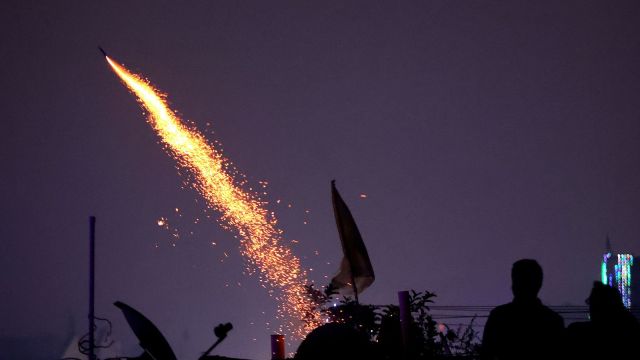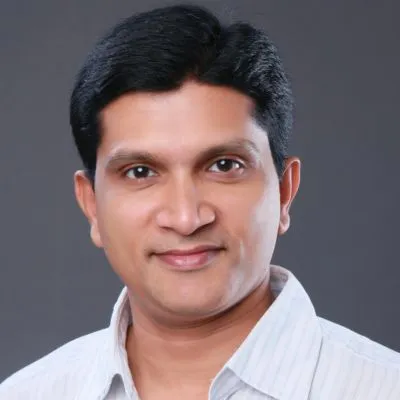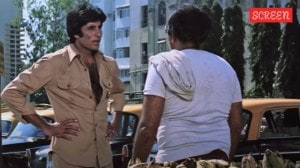All firecrackers banned in Delhi throughout the year: Govt to SC
On November 11, the Supreme Court asked the Delhi Government to decide on banning the use of firecrackers throughout the year.
 The court added that several orders passed by it in the last six months bring on record the horrible situation that prevailed in Delhi due to very high levels of air pollution. (Express photo by Praveen Khanna)
The court added that several orders passed by it in the last six months bring on record the horrible situation that prevailed in Delhi due to very high levels of air pollution. (Express photo by Praveen Khanna)The Delhi government Thursday informed the Supreme Court that it had imposed a complete ban on manufacture, storage, selling, including delivery through online marketing platforms, and bursting of all kinds of firecrackers in the National Capital Territory (NCT) throughout the year with immediate effect. The court was also told that the Graded Response Action Plan (GRAP) Stage-IV was back in the Capital owing to the “drastic increase” in air pollution.
The firecracker order was passed Thursday by the Delhi Principal Secretary of Environment under the Environment Protection Act, Senior Advocate Shadaan Farasat, appearing for the Delhi government, informed a bench of Justices A S Oka and A G Masih that is hearing the question of air pollution in the national capital.
The bench was also told that Rajasthan, too, has imposed a “similar ban in that part of state of Rajasthan, which falls in the National Capital Region”. The bench, on its part, directed “Uttar Pradesh and Haryana to impose a similar ban that is imposed by Delhi”.
On November 11, the top court had asked the Delhi government to decide on extending the firecrackers ban throughout the year saying “the right to live in a pollution-free atmosphere is a fundamental right of every citizen that is protected by Article 21 of the Constitution of India”.
Meanwhile, a counsel representing more than 150 cracker dealers in NCR, objected saying “there has been no consultation at all” by the Delhi government as opposed to a previous directive by the top court. The court, however, refused to entertain the argument. When the counsel pointed out that SC’s previous order had allowed the sale and use of green crackers, Justice Oka said, “We will examine what is the effect of the use of green crackers.”
In response, Farasat said, “Green crackers, really speaking, are the same crackers.”
Meanwhile, when Additional Solicitor General Aishwarya Bhati, appearing for the Commission for Air Quality Management (CAQM), informed the court it has yet again imposed GRAP Stage-IV restrictions in Delhi due to high pollution levels, the bench noted that it had passed more than one order directing all NCR states to pay subsistence allowance to all workers affected by GRAP 4.
It directed “all the states to ascertain which are the workers who are affected by GRAP 4” and added that they “should not rely upon the technicality of registration on the portal”.
The court also warned that non-compliance with its directions on subsistence allowance for workers could see action being initiated against “erring state governments” under “the contempt of 1971”. It asked the state governments to file a response by January 3.
The SC also asked NCR states “to constitute multiple teams consisting of police officials, revenue officials, and officials of the other departments…” to visit entry points into the city and monitor compliance with GRAP 4 measures.
“Considering the magnitude of the task, all the NCR states shall create multiple teams,” it said, adding “members of the teams so constituted will work as officers of this court and not officers of any government”. “So long as GRAP 3 and GRAP 4 measures are enforced, they shall regularly submit reports regarding compliance as well as breaches to the respective governments and respective stakeholders with copies to the commission so that immediate action can be taken by all concerned as the teams constituted by this court will act as officers of this court,” the bench said.













